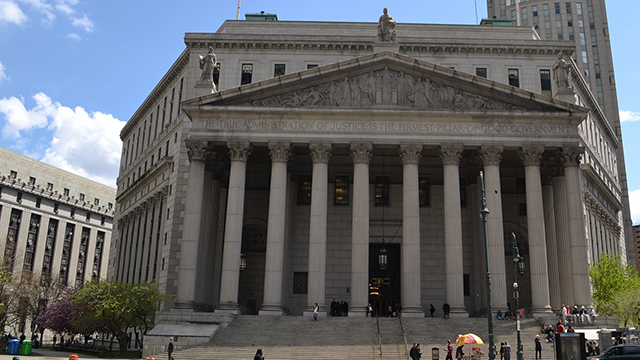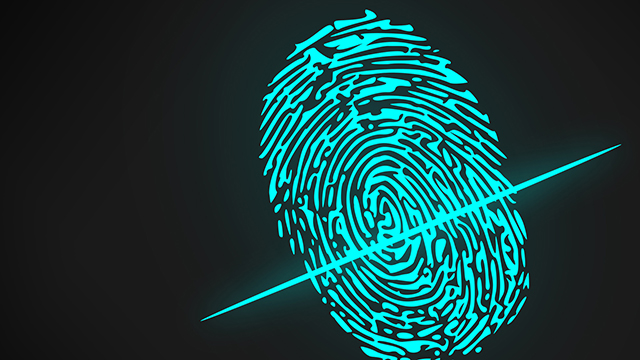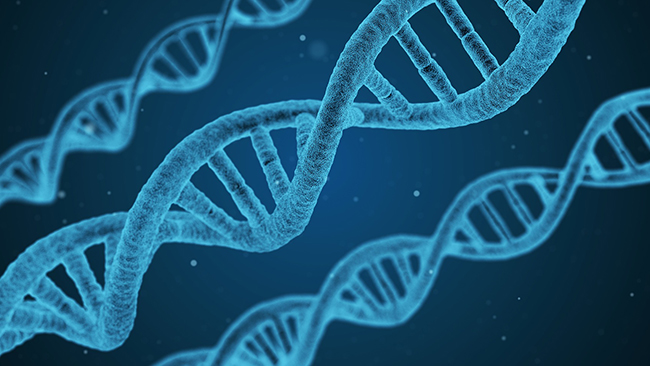Is Your Next Co-worker a Robot?
Faculty Fellow and professor at the School of Computing and Information Technology at the University of Wollongong Katina Michael was featured on Talking Technology earlier this year. She discussed the impact that robotics and automation may have on society and the economy. These [technologies] are here now. This is not a 2050 issue. In 2050, half of […]
LSI Scholar Profile: Walter G. Johnson
The Center is home to an incredible faculty and host to the top minds at the intersection of law, science, and technology. But we also attract some of the brightest student scholars around; we think you should meet them. This is the first in an ongoing series profiling our Center Scholars. Walter G. Johnson, class […]
Prof. Jon Kappes on Picking the Right IP Law Program
Professor and Faculty Fellow Jon Kappes was quoted in U.S. News & World Report discussing opportunities for intellectual property attorneys and what to look for in law schools and legal education to maximize those opportunities. IP law, particularly patent law but also copyright and trademark, has in recent years become one of the most dynamic areas […]
Marchant Talks Emerging Tech with Appellate Judges

Center Faculty Director Gary Marchant was invited to give a 90-minute presentation to the annual conference of the Council of Chief Judges of State Courts of Appeal in Lexington, Kentucky on October 19. Marchant’s presentation on Disruptive Technologies and the Challenges of Being a Judge in a Rapidly Changing World focused on how judges must take a dynamic […]
Faculty Fellow Michael Saks’ Recent Talks on Forensic Science

Regent Professor and Center Faculty Fellow Michael Saks recently presented on forensic science at two prestigious events. On October 18, Saks spoke before an association of forensic scientists from Arizona, Utah, and Nevada at the Arizona Identification Council‘s 12th Annual Tri-Division Educational Conference. His talk, Building Forensic Science’s Scientific Foundation, explained what recent government– and discipline-sponsored […]
Call for Papers: AI, Ethics & Society
The Association for the Advancement of Artificial Intelligence (AAAI) and the Association for Computing Machinery (ACM), two of the largest professional associations in the field of artificial intelligence, have announced a new joint conference on AI, Ethics and Society. The first annual conference will be held in New Orleans on Feb. 2-3, 2018. The organizers […]
Marchant Co-authors Commentary on Human Gene Editing
Center Faculty Director Gary Marchant co-authored a commentary on the promise of CRISPR gene editing technology and the need for international collaboration to enable further research. Human Embryo Editing: Opportunities and Importance of Transnational Cooperation (free download available) was published in the latest issue of Cell Stem Cell. The first reported use of CRISPR on human stem […]
Come to LSI’s Community Board Reception!
The Center’s Community Board Reception is tomorrow (Oct. 17). This is our annual kick-off event and open house for alumni, community members, and those looking to engage with the Center. We would love to see you there! Details: Date: Tuesday, October 17, 2017 Time: 4:00 – 6:30 pm Location: Beus Center for Law & Society […]
Center Scholar Co-authors Report on Gene Editing

Walter Johnson, Center Scholar and 1L at the Sandra Day O’Connor College of Law, co-authored a report exploring the use of artificial intelligence (AI) to analyze and optimize the human genome. How to Optimize Human Biology: Where Genome Editing and Artificial Intelligence Collide, co-authored with Eleonore Pauwels, was published by the Wilson Center, an influential […]
Marchant Talks New Tech Challenges with California Judges

Center Faculty Director Gary Marchant recently spoke to the California Judges Association Annual Conference in San Francisco. Marchant’s talk, New Technology Intersects with the Old and New Law, addressed the challenges for judges presented by new technologies and scientific evidence. Today, courts must handle new types of technical, digital, genetic, and neuroscientific evidence. Even though […]